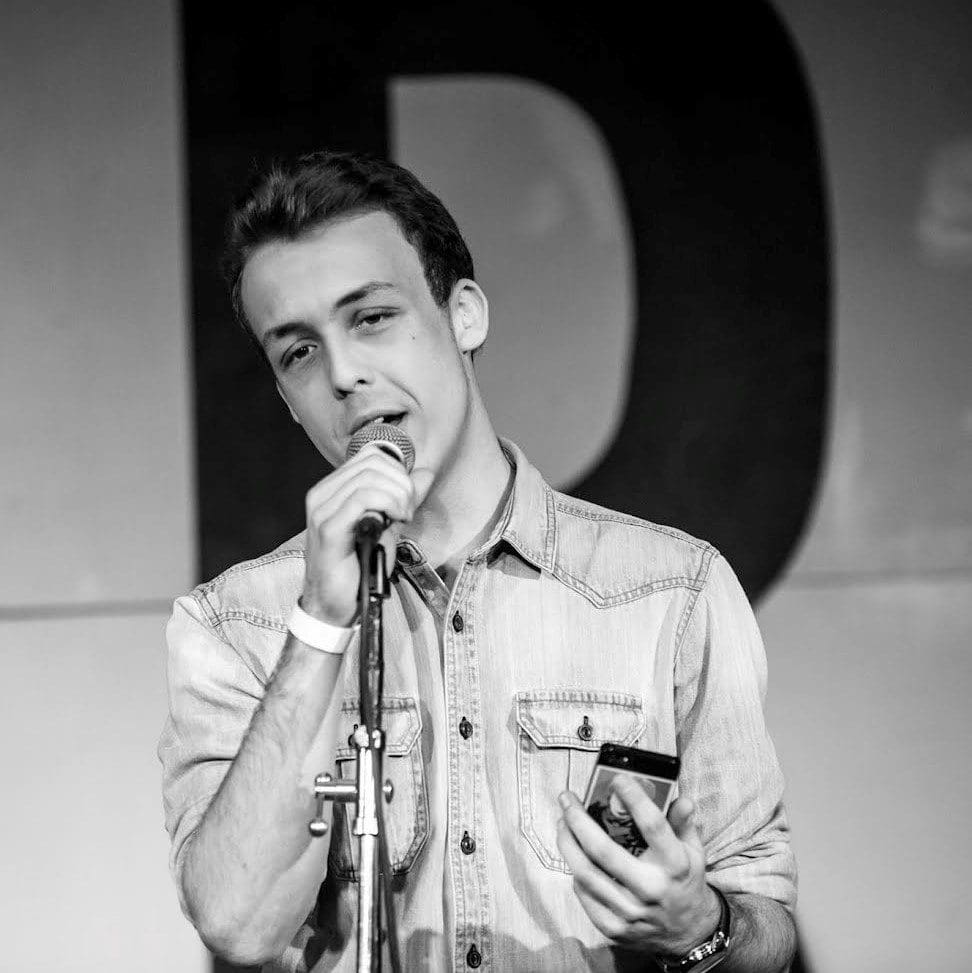Ádám Bráder
Ádám Bráder graduated from the Faculty of Humanities of Eötvös Loránd University in 2021 as an English major specializing in English in the Media and Applied Linguistics. From 2017, he worked as an assistant editor at TV2’s news programme. After graduating, he continued his work as an online journalist, which led to him joining the Hungarian Conservative team in 2022.



